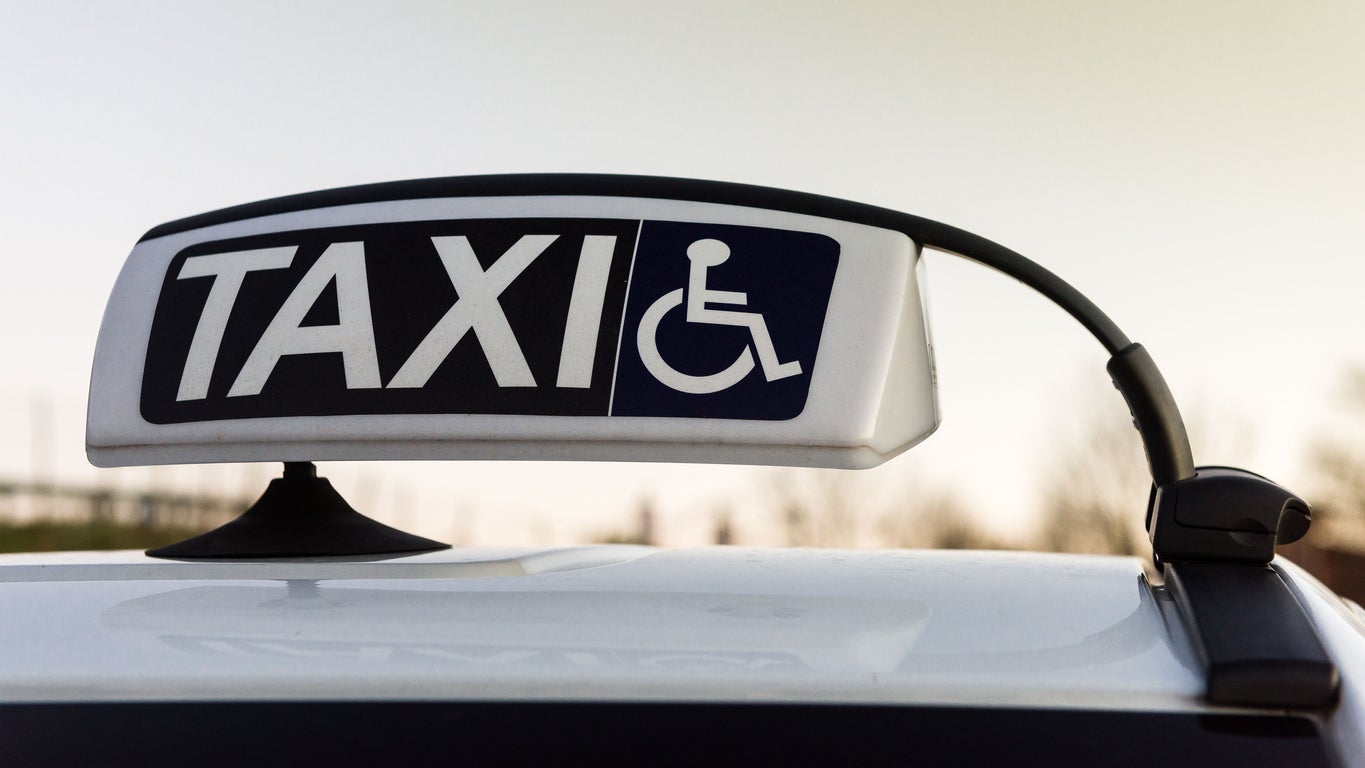The UK’s most accessible cities for wheelchair users
Liverpool comes out on top

More than four fifths of all local authorities in England have fewer than one wheelchair accessible taxi per 1,000 people, according to new research.
Taxi2Airport.com analysed new data released by the government to investigate which English cities have the highest and lowest number of wheelchair accessible taxis per 1,000 residents.
The research found that 34 per cent of local authorities still don’t require all or part of taxi fleets to be wheelchair accessible.
Liverpool was found to be the most accessible city, with 1,426 accessible taxis – the equivalent of 2.9 per 1,000 people.
Although London had by far the highest number of accessible taxis – more than 20,000 – it came in third place, working out as 2.3 per 1,000 inhabitants.
Inside the world's first wheelchair-accessible water park
Show all 10At the other end of the spectrum, Wakefield was deemed the least accessible English city, with just 30 taxis that are accessible – 0.1 per 1,000 citizens.
In total, only 12 cities were found to have more than one wheelchair accessible taxi per 1,000 people.
There are currently around 1.2 million wheelchair users in the UK – the equivalent of one in 56 people.
According to government guidelines, a vehicle can be designated accessible if it is possible for a client to “enter, leave and travel in the passenger compartment in safety and reasonable comfort whilst seated in their wheelchair.” But even this classification leaves some users out in the cold, as it only stipulates that the cab must be able to fit a “reference” wheelchair: “some types of wheelchair, particularly some powered wheelchairs, may be unable to access some of the vehicles included in the Local Autority’s list” of accessible taxis.
It’s not all bad news. The research also showed that the number of authorities requiring disability awareness training for taxi drivers has increased from 41 to 44 per cent, while the number of local authorities which require all or part of a taxi fleet to be wheelchair accessible has risen from 65 to 66 per cent.
Ann Frye OBE, an international specialist on the mobility needs of people with disabilities, said of the research: “There has been enormous progress in the UK in the last 30 years in introducing technical standards for accessibility, particularly in bus and rail.
“Already all buses in service must meet accessibility requirements and by the end of this year the same will apply to trains. Major cities also have large numbers of accessible taxis in service.
“However, there are still many barriers to overcome including: lack of information about what is available and possible; lack of training so that front line staff do not always understand the needs of a disabled person; a general lack of understanding still about the needs of people with hidden disabilities including mental health conditions, autism and dementia who can be very challenged by the transport environment.”
10 cities with highest number of accessible taxis
Liverpool (2.9)
Coventry (2.3)
London (2.3)
Worcester (2.0)
Manchester (2.0)
Norwich (1.5)
Newcastle upon Tyne (1.5)
Sheffield (1.4)
Plymouth (1.3)
Preston (1.3)
10 cities with lowest number accessible taxis
Lincoln (0.3)
Southampton (0.3)
Canterbury (0.2)
York (0.2)
Gloucester (0.1)
County Durham (0.1)
Lancaster (0.1)
Bath (and North East Somerset) (0.1)
Lichfield (0.1)
Wakefield (0.1)
Subscribe to Independent Premium to bookmark this article
Want to bookmark your favourite articles and stories to read or reference later? Start your Independent Premium subscription today.

Join our commenting forum
Join thought-provoking conversations, follow other Independent readers and see their replies